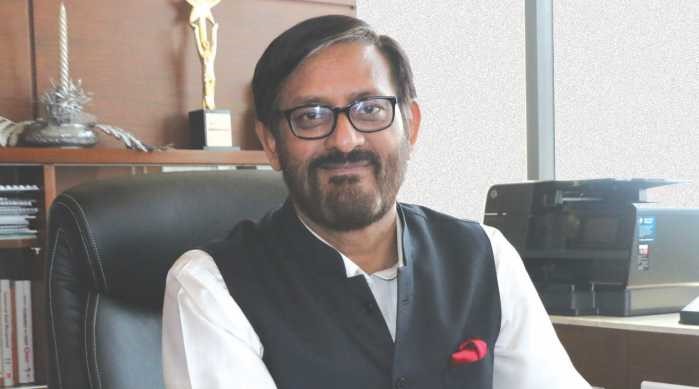Message from Director

The Union HRD Ministry had, some months ago, announced that it planned to scrap the University Grants Commission (UGC), the All-India Council for Technical Education (AICTE), and various other higher education regulators and replace them with a single new body named Higher Education Empowerment Regulation Agency (HEERA), which would regulate both technical and non-technical institutions. Recently, however, it announced that instead of HEERA, it is now bringing in Higher Education Commission of India (HECI) by repealing the UGC Act. This initiative appears to address the reform that the Ministry hopes to bring about that will be of critical significance for higher education in India. Word on other regulators is still awaited.
Multiple regulatory controls by numerous statutory bodies with their labyrinthine mechanisms have challenged all institutions, preventing an innovative and creative environment from taking root in higher education institutions. To illustrate, to set up a greenfield university one may have to seek various permissions from over sixteen different government departments. Also, regulators prescribing areas in an institution that must be used for toilets shows the level and extent of such micro-regulation. Such 'deep regulation' reflects a flaw in the entire oversight system.
Indian institutions/ universities hold dismal ranking in the academic world. Currently, the best we have is IIT Delhi, at 172 in the QS World University Rankings 2018. Next is IIT Bombay at 179 and IISc Bangalore at 190. China including Hongkong, for example, has 9 universities in this list of top 100 rank! In the Engineering and Technology sub-list, however, IIT Delhi ranks 64 and IIT Bombay is at 68. With major financial support and almost full autonomy without having any external regulator, this is the best international ranking these government institutions have attained in the 60-odd years of their existence. It is interesting to know that reportedly India filed just about 45000 patents last year while China filed over a million patents. Further, Chinese, who do not speak English, institutions' publications in refereed journals is about four times that of the number of publications from Indian institutions in European or North American refereed journals. It is reported that about 80% of Chinese students studying abroad return back to China and this figure for India stands at about 20%. This can be construed to reflect a poor academic and research environment in India. The reform must aim to achieve at least what China has achieved.
Based on income levels of academics and research funds available in the high ranking institution countries and considering what China has done for its academics, it is easy to say that India needs a sound financial model that addresses the compensation level of academics and funding to institutions for research. Quality in teaching and research must be built through a “pull mechanism” as by merely providing funds as a “push mechanism” cannot ensure quality. Thus, it would be very critical for the education system to foster an ecosystem that builds a “pull” to enforce quality in teaching and research. As a quick recommendation it can be said that there be full autonomy to all on revenue generation and the compensations given to academics. Further, the research funding be vested with independent apex peer driven academic councils only and not with a government body.
If the issues holding back such a major shift in policy are not addressed appropriately, the new regulatory environment would reflect a lackadaisical and half-hearted reform and may become yet another case where the problem simply has changed hands.
Dr. Jitendra K. Das



